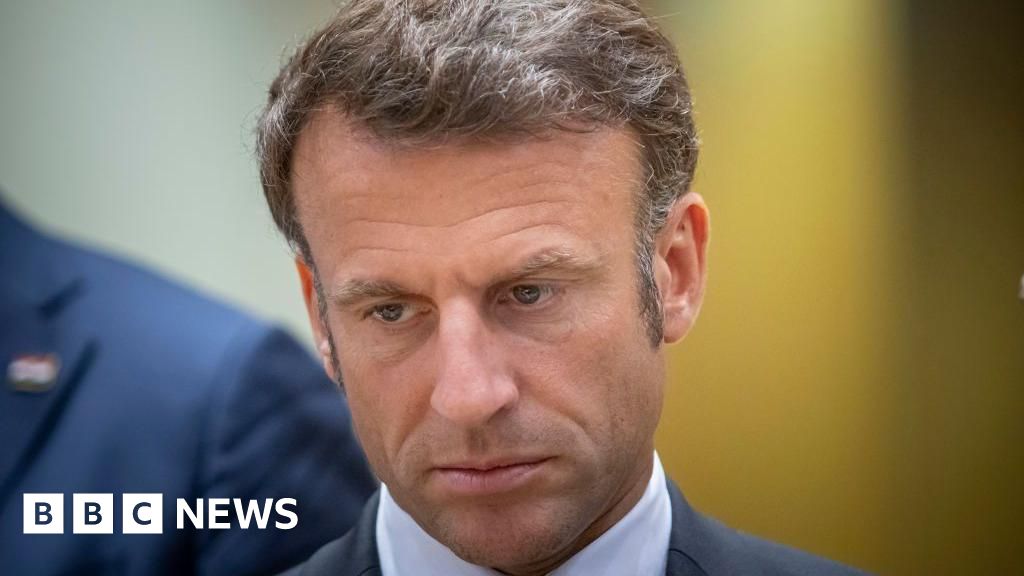

Source: https://www.bbc.co.uk/news/articles/cekk9n1je9yo
Macron's election gamble puts French democracy on the table
French President Emmanuel Macron has been re-elected, but his victory came with a high price. His victory was narrower than anticipated, reflecting a deep divide in French society. He won 58.5% of the vote, but Marine Le Pen, his far-right opponent, received 41.5%, the highest share ever for a far-right candidate in a French presidential election. This suggests a considerable portion of the French population supports Le Pen's views. Le Pen's campaign was based on nationalist and populist themes, appealing to those who feel ignored by the traditional political establishment. Her success highlights the growing strength of far-right sentiment in France and across Europe, raising concerns about the future of democracy. Macron's victory was a relief for many, but his narrow margin of victory, coupled with the rise of Le Pen, underscores the fragility of the French political system. Macron is facing an increasingly polarized electorate, where traditional parties are losing ground to extremist movements. He will need to address the concerns of those who voted for Le Pen, otherwise, the future of French democracy will remain uncertain.
Summary
"Macron's re-election is a victory for the status quo, but it is also a warning sign. The rise of Le Pen's far-right movement signals a significant shift in French politics and highlights the increasing polarization of the country. Macron must now address the concerns of those who voted for Le Pen to prevent further societal divisions and ensure the stability of French democracy."
Updated at: 06.27.2024
Categories




